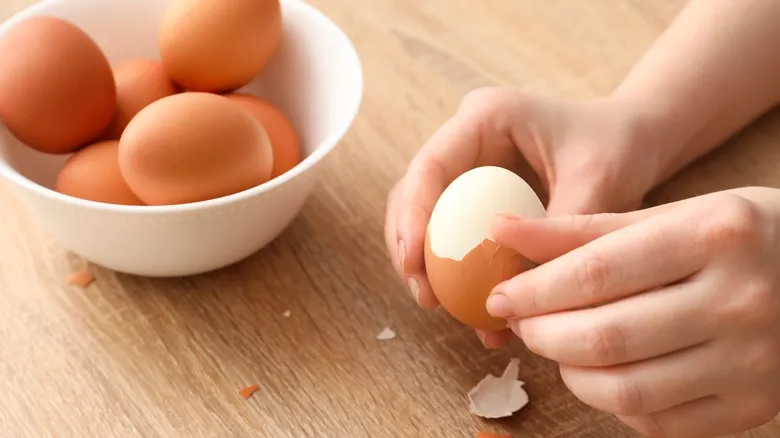The science behind this hack
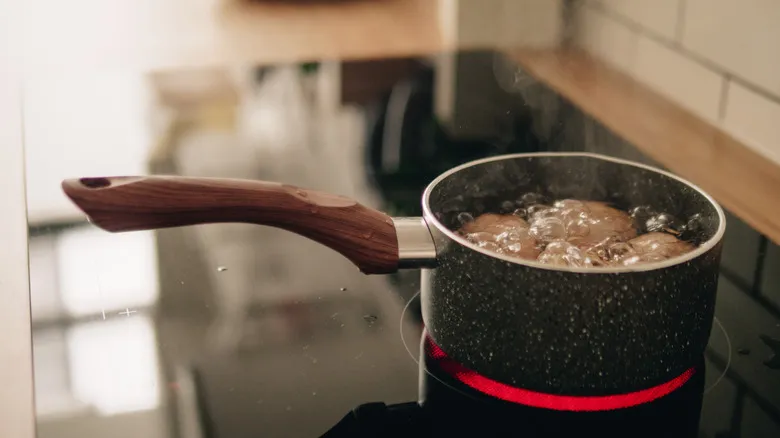
To make peeling hard-boiled eggs significantly less frustrating, simply bring a pot of water to a boil and stir in a teaspoon of baking soda. Baking soda, or sodium bicarbonate, is an alkaline substance that changes the pH level of the boiling water. This increase in alkalinity helps break down the proteins in the egg white, resulting in a weaker bond between the egg white and the shell during cooking. Consequently, the egg white detaches more easily from the shell, making peeling much simpler. Adding baking soda is the most straightforward method to alkalize water without needing an expensive filter or pH drops.
Interestingly, if you don’t have baking soda on hand, you can also use acidic vinegar to make peeling easier. Vinegar works differently; instead of weakening the bond between the egg and the shell, it softens the shell itself, allowing for easier removal.
The reason eggs with higher pH levels are simpler to peel is that older eggs are ideal for hard boiling. As eggs age, their pH level naturally increases, making them much easier to peel once cooked. By combining older eggs with a spoonful of baking soda, you can enjoy a hassle-free peeling experience.
More ways to make peeling eggs easier
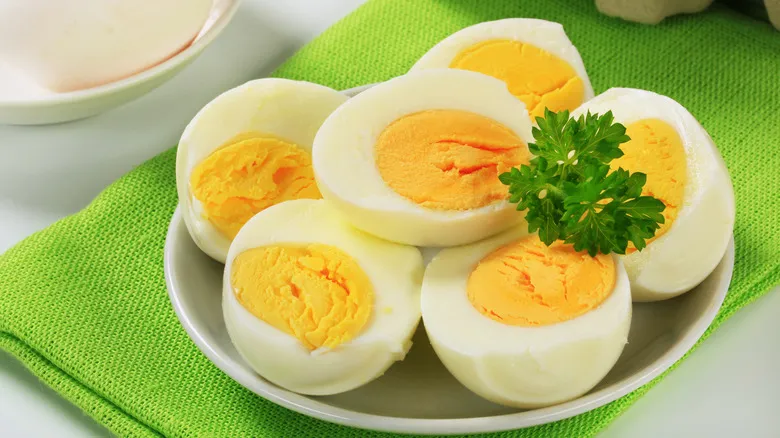
To make peeling hard-boiled eggs less stressful, it’s important to focus on how you prepare them, starting with the water. Instead of bringing a pot of water to a boil with the eggs already in it, gently lower the eggs into the water once it starts to bubble. After boiling the eggs for about ten minutes (which is sufficient for fully cooked eggs), quickly transfer them to an ice water bath using a strainer to stop the cooking process. You can also try Jacques Pepin's trick for easier peeling: use a thumbtack to puncture the air pocket at the bottom of the egg. These techniques will help you better gauge the cooking time and make peeling simpler.
When you’re ready to peel your hard-boiled eggs, do it while the egg is submerged in a bowl of water. This allows water to seep between the shell and the egg white, making it easier to separate them. Peeling eggs underwater also prevents eggshells from scattering on your counters. By using these methods and adding baking soda to the boiling water before cooking, you’ll be able to peel your eggs quickly and effortlessly.
Recommended

The Underrated Tool Ina Garten Swears By When Mixing Burger Meat
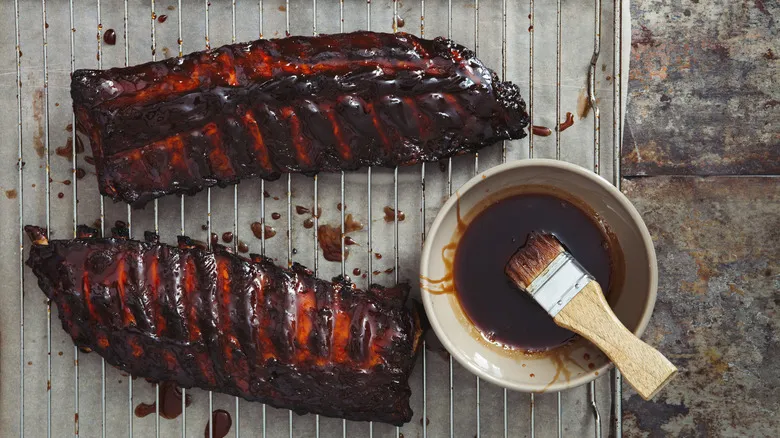
Bobby Flay's Go-To BBQ Sauce Is Bone Suckin' Good

This Store-Bought Seasoning Will Take Your Burger Game To The Next Level
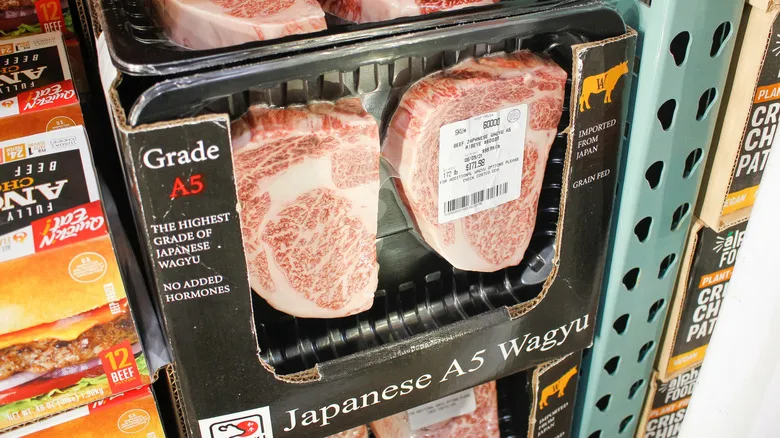
Is Costco's Wagyu Beef Authentic?
Next up

